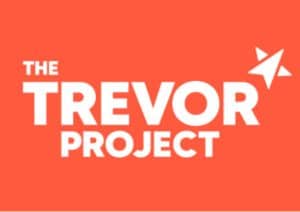Trevor Project research highlights LGBTQ+ youth challenges by region

New research by The Trevor Project gives a state-by-state look at the mental health, suicide risk, access to care, impacts of anti-LGBTQ+ policies, and more of 18,000 young people ages 13-24 across the United States, Washington D.C. and Puerto Rico. “Similar to previous research, this data reinforces that LGBTQ+ youth are not disproportionately impacted by suicide because of who they are, but rather, because of how they are mistreated, stigmatized, and discriminated against,” said Jaymes Black, CEO of The Trevor Project in a statement. The organization’s leader said the study’s findings give “critical insight,” into the challenges faced by LG...
Want to keep reading this article from New England Psychologist?
Login below or subscribe today to support independent journalism!
